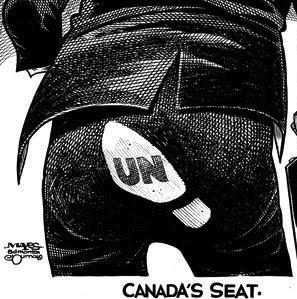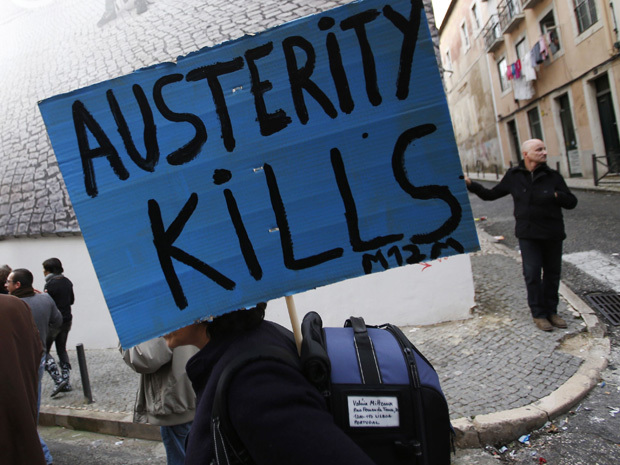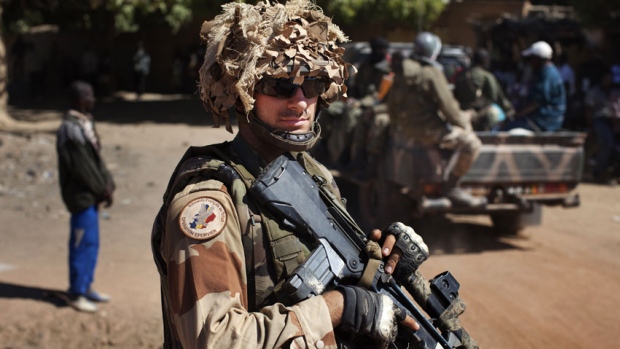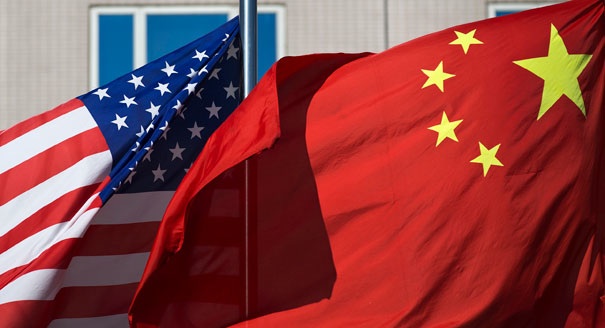Aaron Willschick looks at the puzzling issue of why pirate attacks have risen on Africa’s west coast and drastically fallen on the east coast in the Gulf of Aden.
6. Regions
placeholder for regions
Canadian Mining in Africa: Risks and Rewards
Chris Edwards on Canada’s role in mining efforts in Africa.
Canada: Arctic Challenges and Opportunities
Christopher Kelly analyzes the results of the Arctic Council’s deliberations in Sweden, its implications for regional security, and Canada’s interests as it assumes the rotating Chairmanship of the Council.
Canada and the Security Council: the Game Not Played
George P.R Benson-Patterson on the reasons for Canada’s failure to obtain a seat in the Security Council, and its chances in the upcoming elections.
NATO, Russia, Ballistic Missiles and the Dilemmas of Collective Defence
Kristian A. Kennedy on the context, consequences and implications of the NATO decision to deploy surface-to-air interceptors to strengthen Turkey’s air defence.
An Argument Against Austerity: How it Paralyzed the Eurozone
Diana Rivera on why austerity has proven ineffective and how it undermines economic recovery, political relations and public well-being.
The New Mission in Mali
With the French intervention in Mali gaining considerable ground, Paul Pryce calls for renewed focus on humanitarian aid.
N’Djamena: Playing All Sides?
The Republic of Chad has frequently made news in recent weeks, for reasons both positive and negative. On the one hand, Chad has garnered international attention for its important contribution to the African-led International Support Mission to Mali (AFISMA). Since the deployment of the mission in January 2013, Chad has contributed 2,000 troops to the Read More…
Not So Fast: An Independent Scotland and NATO Membership
While Scotland continues to pursue independence, its stance on future membership in NATO may only be based on assumptions which is both puzzling and distressing for a country ready to vote in only slightly over a year.
Naming and Shaming in Cyberspace: Implications of U.S.-China Cyber Relations for NATO and Global Security
Breaking the long silence On Monday, May 6, 2013, the Pentagon released their annual report to Congress, explicitly accusing the People’s Liberation Army (PLA) of sponsoring cyber operations against American government agencies and industries. Analysts and observers of global affairs and international security have long suspected the complicity of the Chinese state in coordinating and sponsoring cyber Read More…










